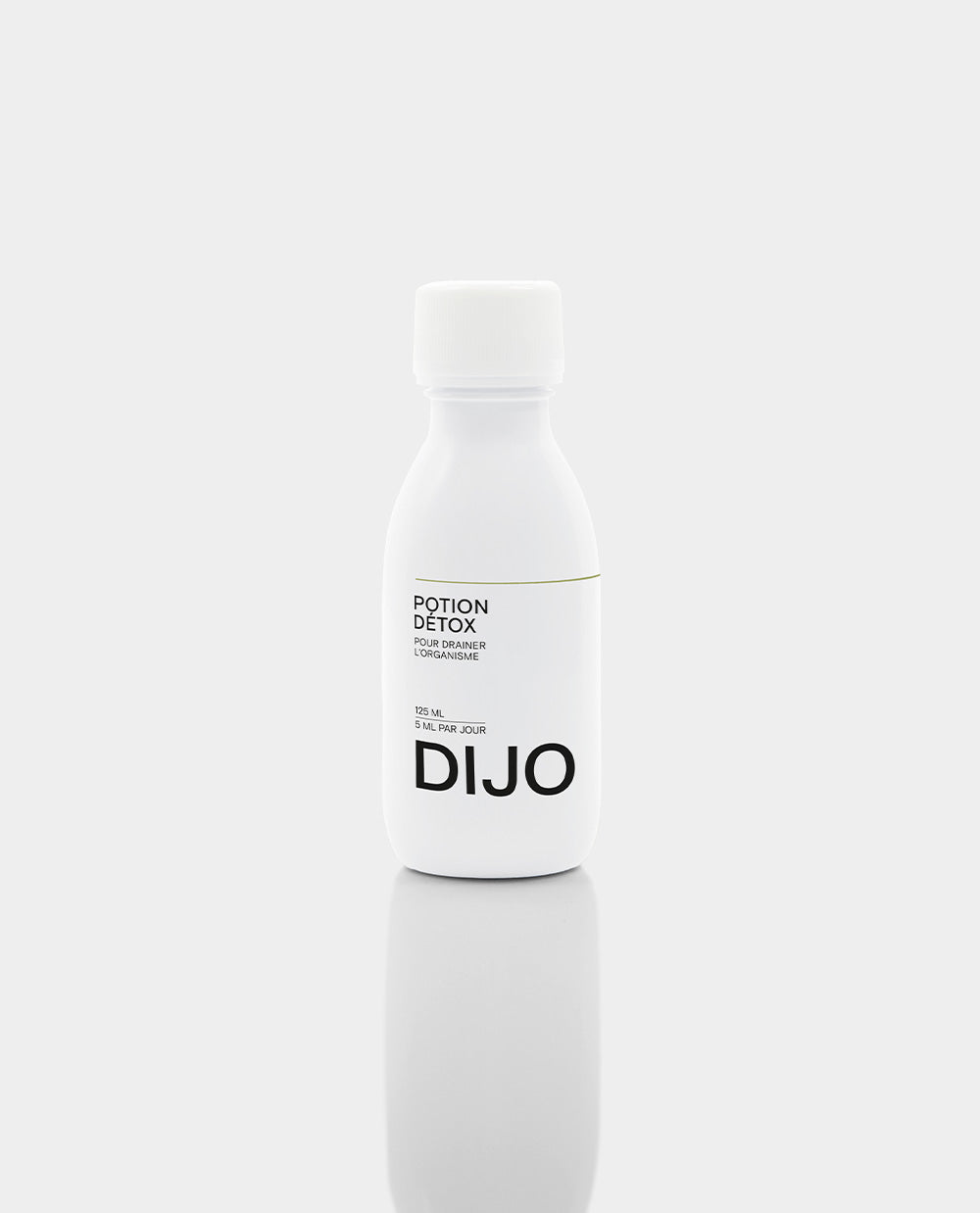To remember :
- Dandelion, or Taraxacum officinale , is a perennial plant with diuretic properties.
- Dandelion is recognized for its role in supporting the excretory function of the kidneys.
- Dandelion helps support the body's detoxification functions.
- Dandelion promotes drainage.
What is Dandelion?
Definition
Although it is often considered a weed, Dandelion, by its scientific name Taraxacum officinale , is a perennial plant with multiple virtues from the Asteraceae family. Indeed, this plant with very specific leaves, which have earned it the nickname “lion's tooth” as well as its roots, are widely used in herbal medicine due to their richness in natural bioactive principles.
Origin of Dandelion
Native to Western Europe, Dandelion is also found in North America and Africa. This perennial plant is able to adapt to many climates and different soil types, but it grows most easily in humid areas. The dandelion can also withstand extreme climatic conditions, both extreme heat and intense episodes of frost.
Uses of Dandelion
Discovered thousands of years ago, the use of Dandelion dates back to Antiquity. At that time, Dandelion juice, an organic liquid extracted from a plant, was considered a remedy for vision problems. Indeed its scientific name “Taraxacum” comes from the Greek “taraxis” meaning “eye disorder”, a virtue which to date has not been demonstrated.
More recently, Dandelion extract, recognized for its role in supporting kidney functions, is highly appreciated in herbal medicine and by the food supplement industry. But in addition to its health benefits, dandelion is also appreciated in cooking. Its leaves can be added to salads for a slightly bitter flavor, while its roots are sometimes roasted and used as a coffee substitute.
Composition of Dandelion
Dandelion owes its diuretic properties to its composition of active ingredients. It contains in particular flavonoids, phenolic acids, vitamins C , B, D and K, as well as numerous minerals and trace elements (iron, calcium, potassium, manganese and silica).
In addition to these active compounds, Dandelion is rich in inulin and also contains fatty acids, fructose and sterols.
The diuretic properties of Dandelion
The French name of Taraxacum officinale “dandelion” does not come from nowhere…! It echoes the diuretic benefits of the plant, and comes from the contraction of the expression “pissing in bed” or urinating in bed. Dandelion is recognized for its role in supporting the excretory function of the kidneys. Thus, it helps support the detoxification functions of the body and thus promotes the drainage of toxins.
Indications and dosage of Dandelion
Dandelion can be consumed in the form of food supplements as part of a healthy lifestyle.
Taking Dandelion extract is contraindicated in pregnant and breastfeeding women. It is also common in people with thyroid disorders . If you are prone to gallstones or kidney stones, please seek the advice of your doctor before supplementing.
If the dosage is respected, Dandelion does not cause any unwanted side effects. Indeed, to date, the use of dandelion leaves or extracts has not revealed any major side effects. Only a few isolated and rare side effects have been recorded with the occurrence of nausea and heartburn .





















